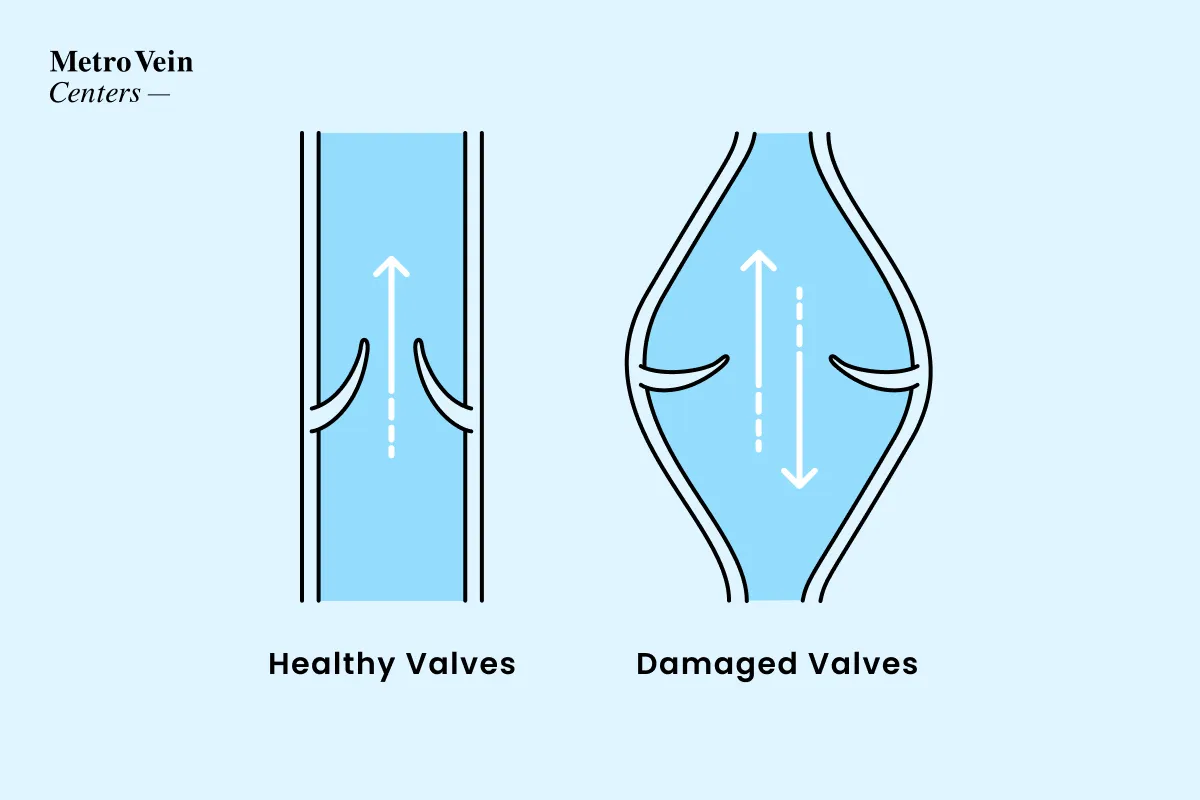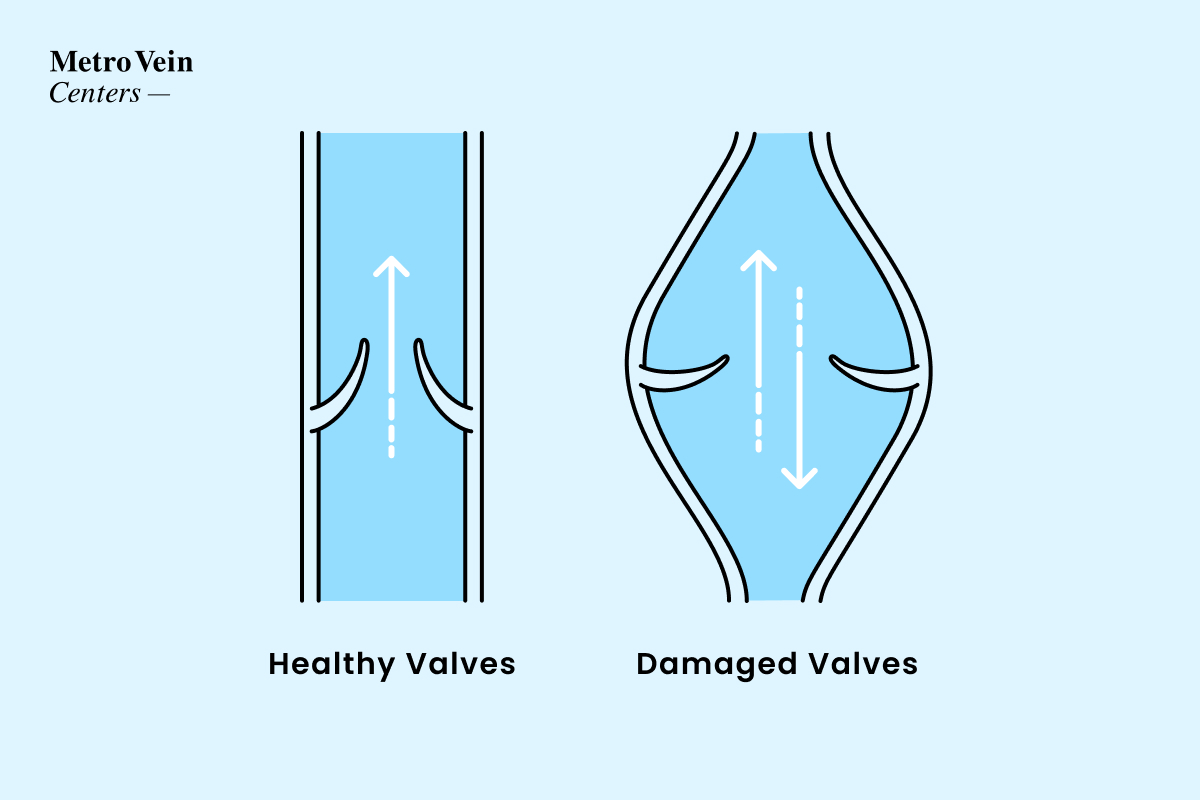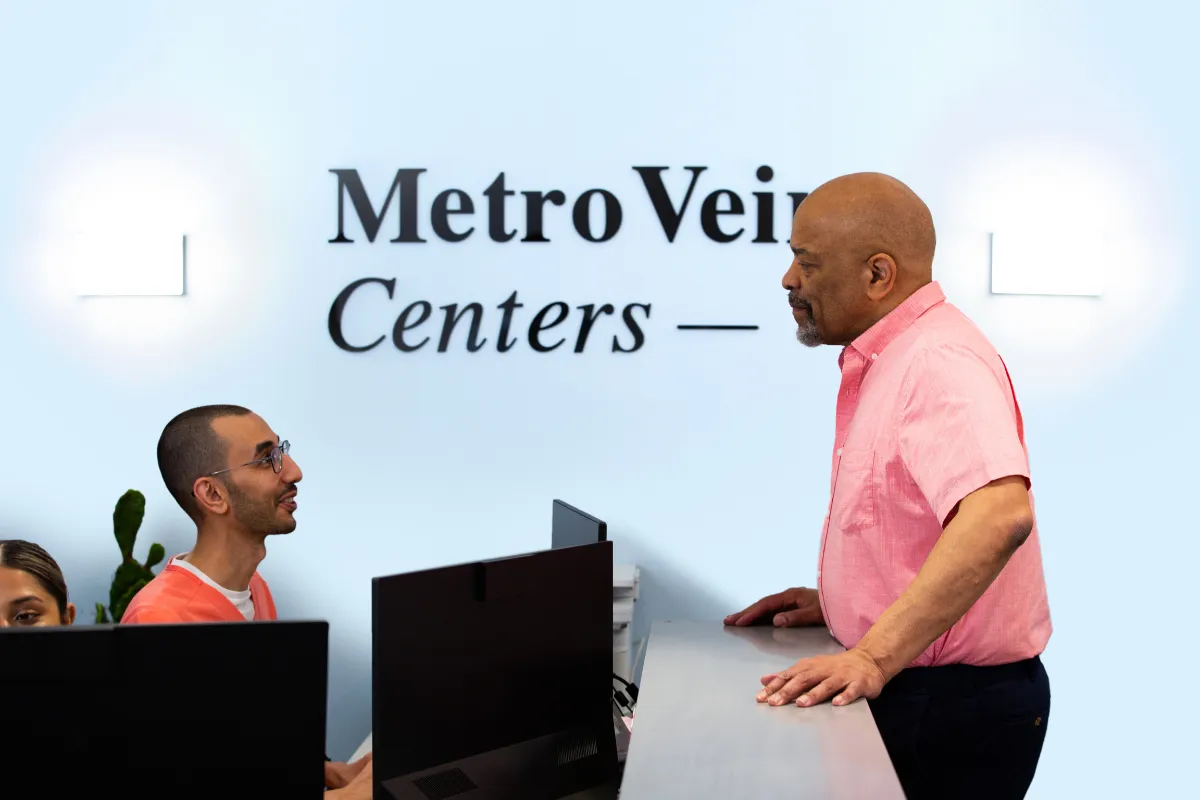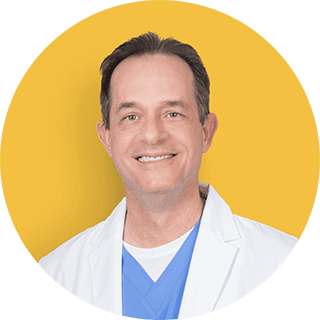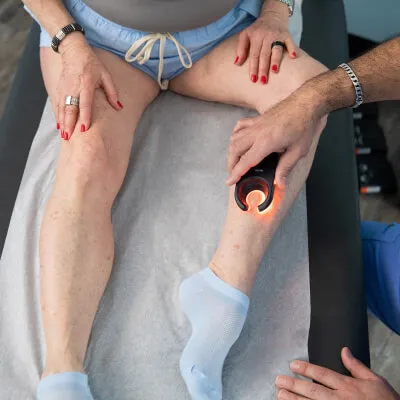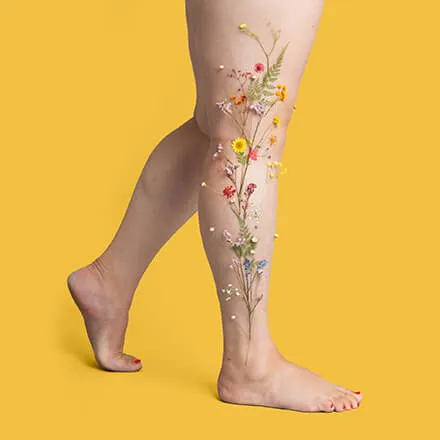Vein disease can have a serious impact on our quality of life and overall health. If vein issues have ever been a concern for you, here's what you need to know in order to take care of your body.
Common Signs and Symptoms of Venous Disease
Our blood vessels are crucial for delivering oxygen and nutrients to every cell in the body. So, keeping those blood vessels in good health is vital. Unfortunately, diseases affecting the veins receive far too little attention--and as a result, millions of individuals don't understand why they're in pain--or what to do about it. Venous disease can have serious consequences on overall health, with symptoms including constant pain, burning and cramping, leg ulcers, blood clots, or even death.
Fortunately, a vein doctor can not only catch venous disease in its earliest stages, but can recommend a wide variety of minimally invasive treatments that will treat the underlying cause of your symptoms and greatly improve your long-term health.
What Is Venous Disease?
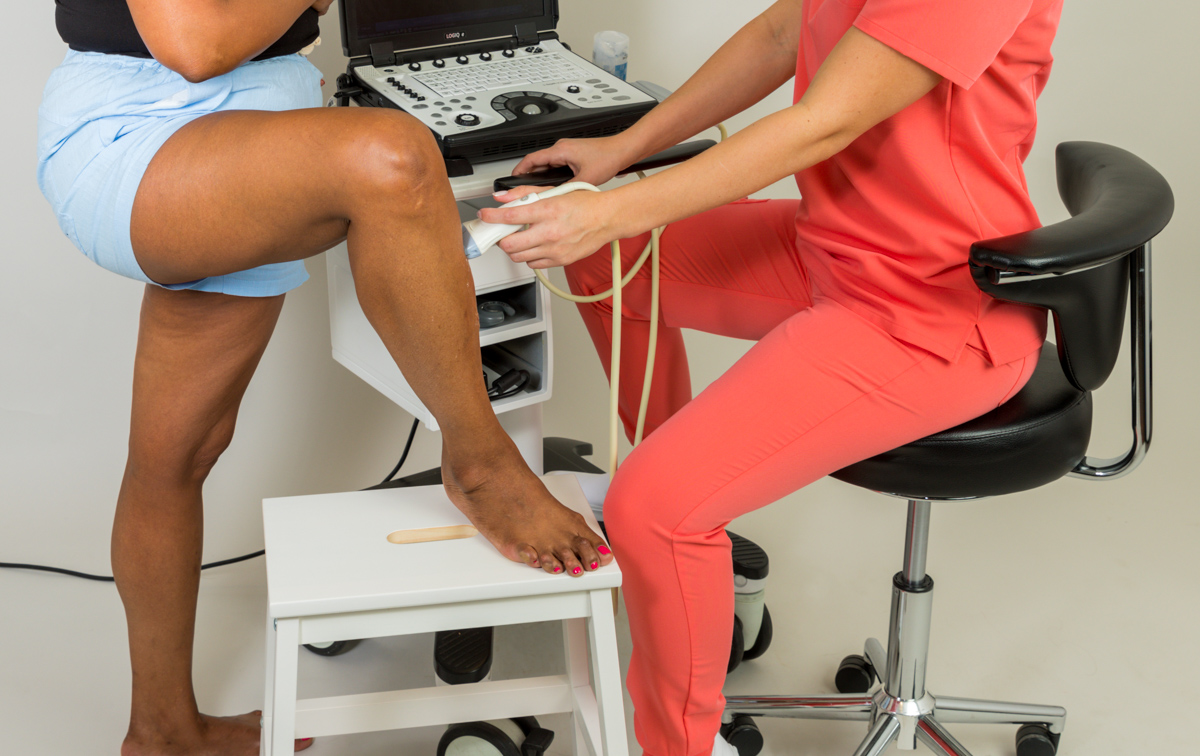
There are three types of blood vessels in the human body: arteries, veins, and capillaries. Arteries are responsible for taking oxygenated blood from the heart and delivering it to the rest of the body. Veins, on the other hand, take deoxygenated blood back to the heart. When your blood vessels are impacted, your circulation is hindered and your health is impacted.
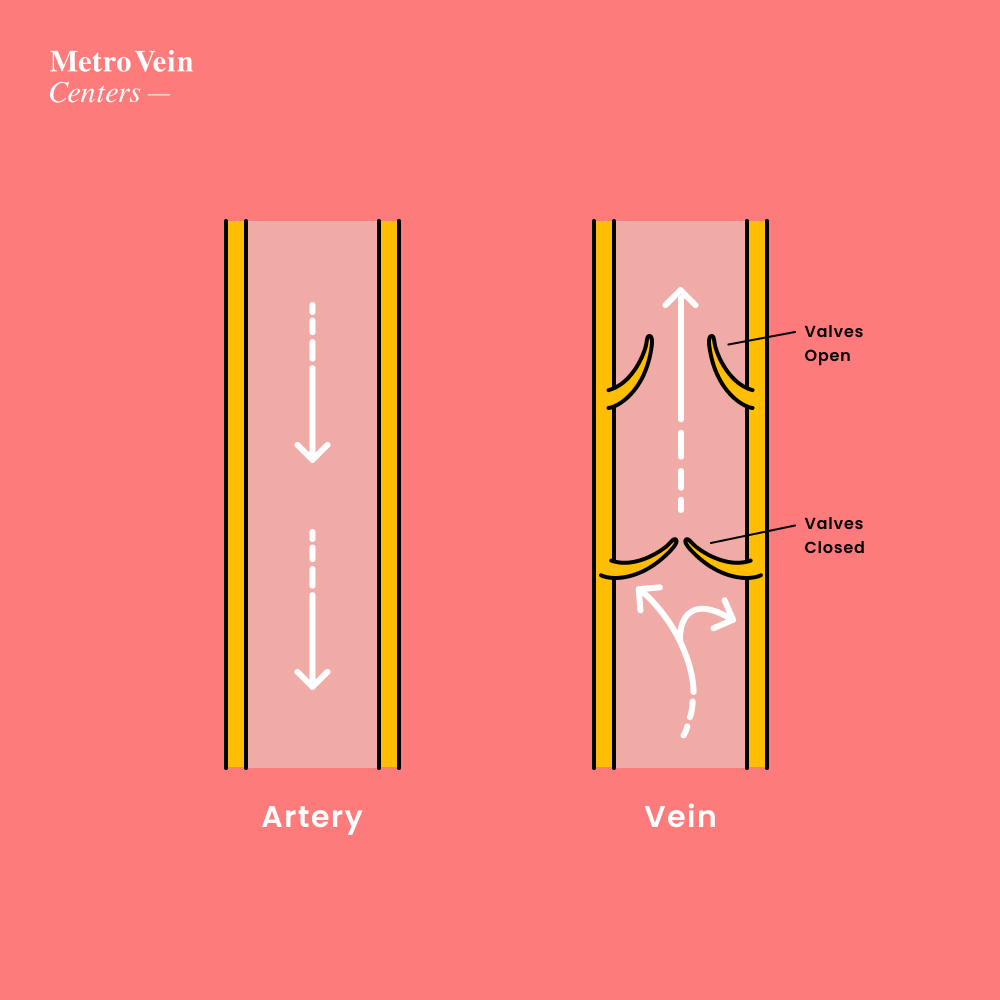
Venous disease, sometimes called venous insufficiency or chronic venous insufficiency, is a condition in which the veins no longer function properly. Chronic venous insufficiency occurs when the veins are not able to efficiently bring blood from your legs back to the heart. This leads to blood pooling in the legs, feet, or hands rather than promptly being pushed back toward the chest.
What Causes Venous Disease?
Venous disease has many different causes. In some cases, blood clots form in the veins, restricting the flow of blood. This condition, known as deep vein thrombosis, can be very dangerous--and requires prompt medical attention from a medical professional or vein specialist.
Another common cause of venous insufficiency is varicose veins. Varicose veins develop when the walls of veins become weakened, causing them to swell outwards. These veins often look dark purple, green, blue, or skin-colored, bulging against the skin.
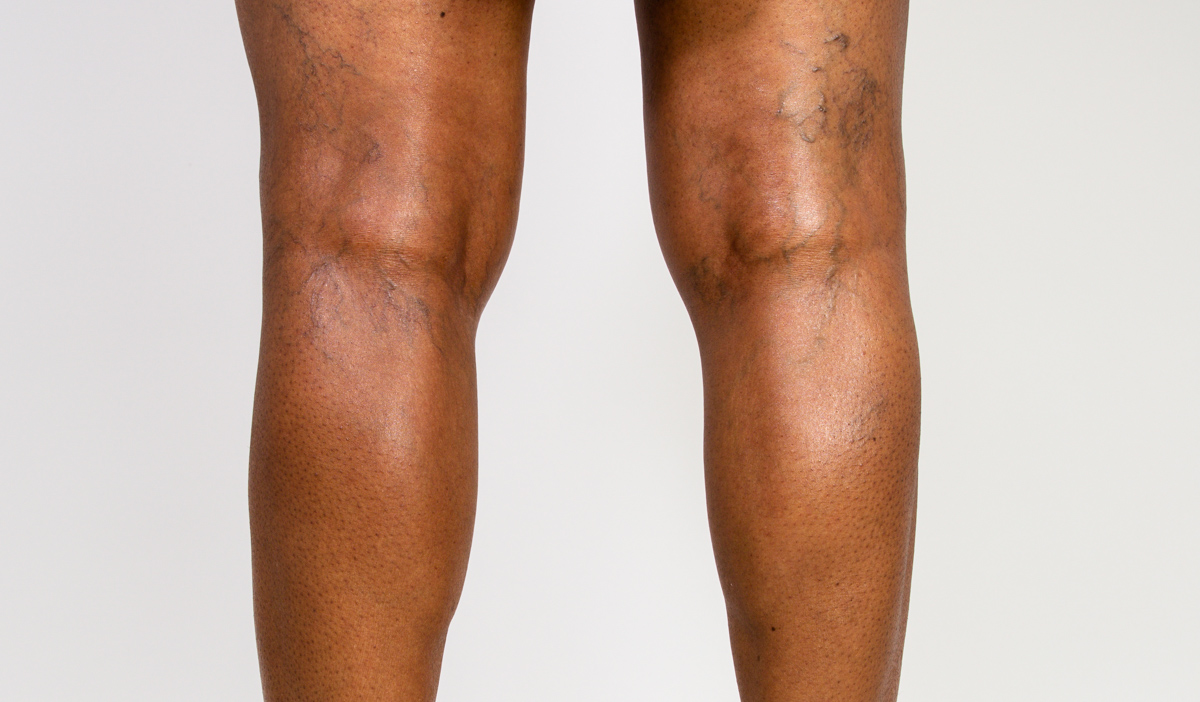
Without treatment, venous disease gets worse over time--so finding the best varicose vein treatment before symptoms progress will prevent these veins from causing further problems with blood flow, circulation, and overall health.
Symptoms of Venous Disease
Chronic venous insufficiency is often a sign of poor vascular health. Because of this, it is important to be alert to signs of venous disease. Take note of the following changes, which can be signs of venous disease:
- Swelling of the ankles and legs
- Leg pain that gets worse when you are standing but feels better when you raise your legs
- Leg cramps
- Aching or throbbing legs
- A feeling of heaviness in the legs
- Restless legs
- Itchy legs
- Weakness in your legs
- Changes in skin color, particularly in the ankle region
- Thicker skin developing on the legs or ankles
- Leg ulcers
- Tightness or pain in your calves
- Varicose or spider veins
Venous insufficiency is particularly common for people with a history of blood clots, varicose veins, pregnancy, smoking, cancer, obesity, muscle weakness, sedentary lifestyle, leg trauma, or a family history of vein disease. Ultimately, vein disease is progressive and worsens over time if left untreated, so it is best to seek medical attention from a board-certified vein doctor or vascular surgeon.
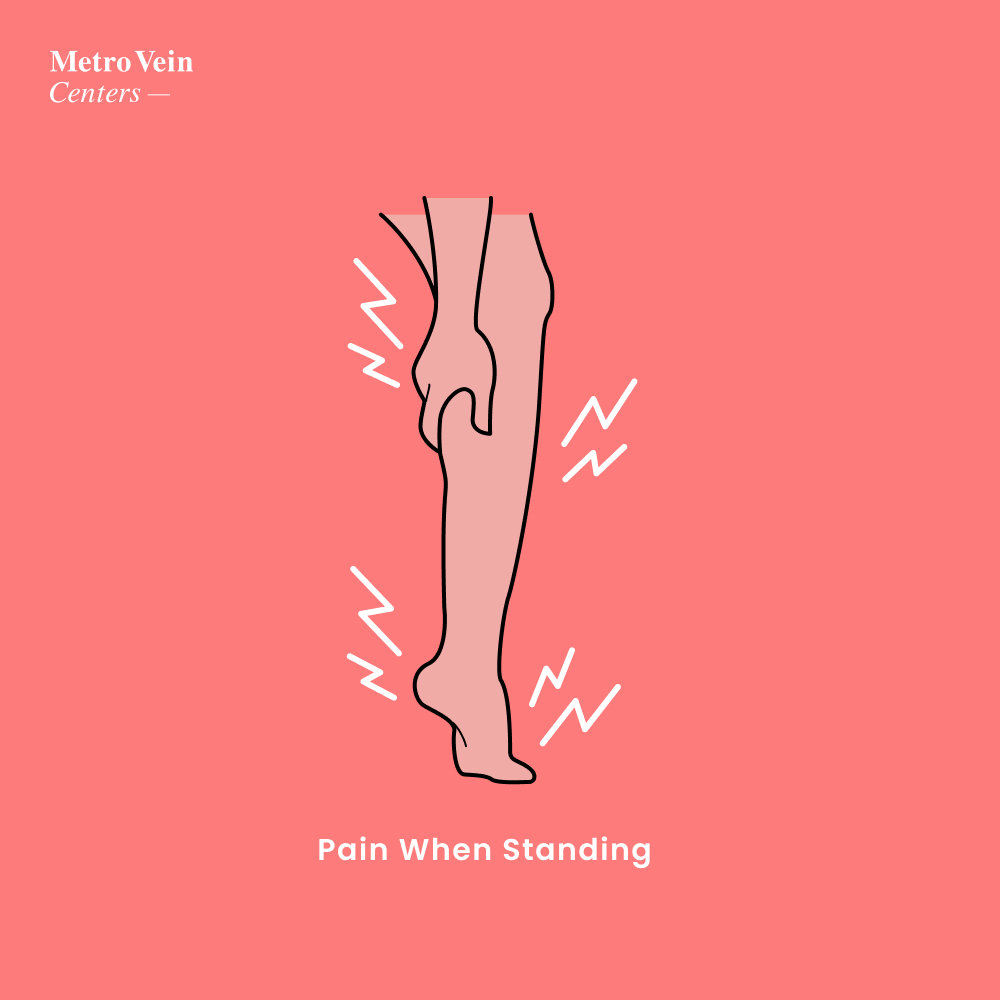
How is Vein Disease Treated?
At Metro Vein Centers, our vein doctors work with you to develop a personalized treatment plan for vein disease. We use the latest state-of-the-art diagnostic and treatment techniques for vein disease at our specialized vein clinics across Michigan, New York, Connecticut, Texas, and New Jersey. These treatments involve everything from laser procedures (known as endovenous laser ablation, or EVLA), microfoam treatments such as ultrasound-guided sclerotherapy, microphlebectomy, and more.
Treatments offered at Metro Vein Centers include:
- EVLA—Endovenous Laser Ablation: EVLA, also known as endovenous laser ablation, is a treatment option Metro Vein Centers provides for varicose veins. It is a minimally invasive laser technique that's used to treat and break down abnormal varicose veins with light wavelengths
- Radiofrequency Ablation: Radiofrequency ablation is another medical procedure to consider for treating varicose veins. This treatment uses radio waves to collapse poorly performing veins and reroute blood flow to better, healthier veins
- Sclerotherapy: This treatment uses a special solution that's injected directly into problem veins. The vein shrinks and is reabsorbed into the leg. Sclerotherapy is typically used to treat all types of spider veins, but occasionally it's used for smaller varicose veins as well
- Varithena: Varithena is an injectable microfoam agent that targets problem vein deeper under the skin. This technique utilizes not just the injected solution, but also an ultrasound to pinpoint specific veins the naked eye cannot see. The microfoaming agent causes the vein to close and be reabsorbed, thus minimizing the appearance and symptoms of the bad veins
- Microphlebectomy: Also known as ambulatory phlebectomy, microphlebectomy is the removal of varicose veins in the leg via small incisions around problem veins. This highly effective treatment doesn't just treat the abnormal veins, but actually removes the problem entirely, resulting in immediate pain relief
- excel V+ Laser is the latest state-of-the-art technology at Metro Vein Centers for treating spider veins, skin discoloration, and more on the skin's surface. Targeted lasers are pulsated on problem areas without any incisions or injections, improving the appearance of spider veins from the outside.
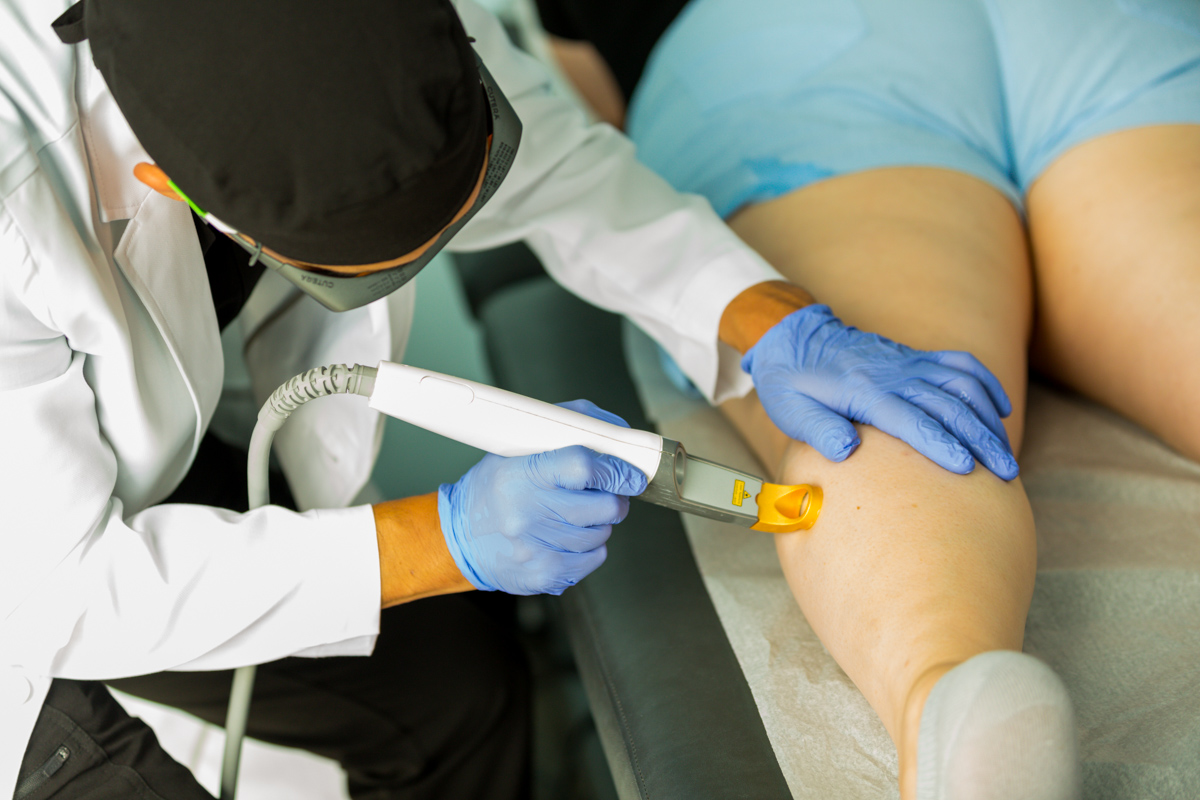
Venous disease and chronic venous insufficiency can be worrisome, but the more proactive you are in making an appointment with a vein doctor as soon as you notice abnormal veins, the better. Don't wait until you're in pain, or are suffering from aching, burning, bulging veins in your legs.
Have more questions or want to set up an introductory consultation? Give us a call at 888-660-3494, or fill out our online form below to request an evaluation.
We look forward to meeting you!
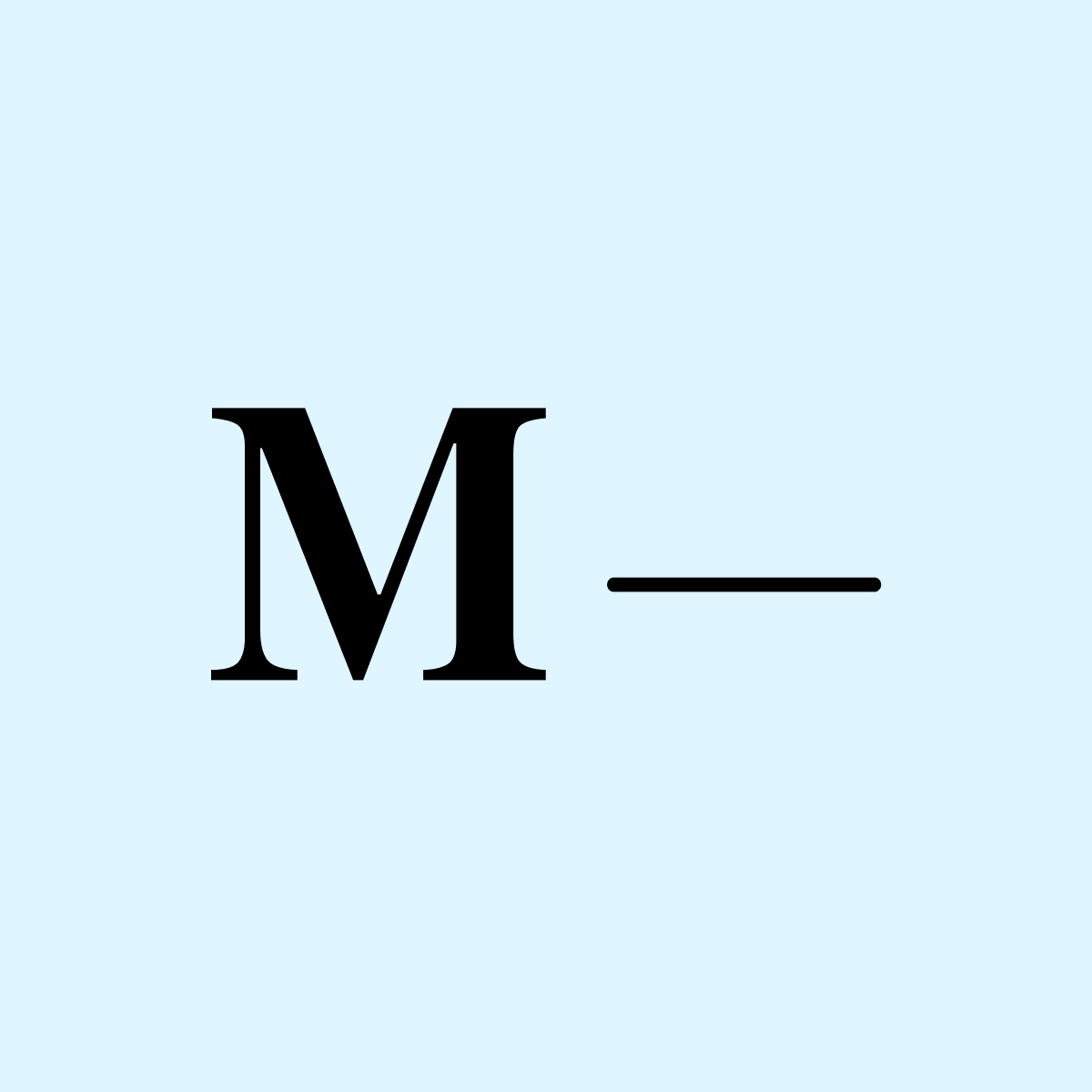
Metro Vein Centers Editorial Team
From vein care 101 to treatments, the Metro Vein Centers blog offers patients everything they need to know about vein health.

Trusted insight from the nationally accredited, board-certified vein doctors at Metro Vein Centers.


